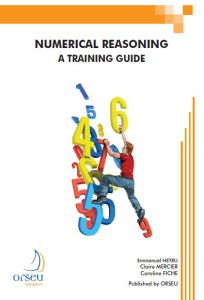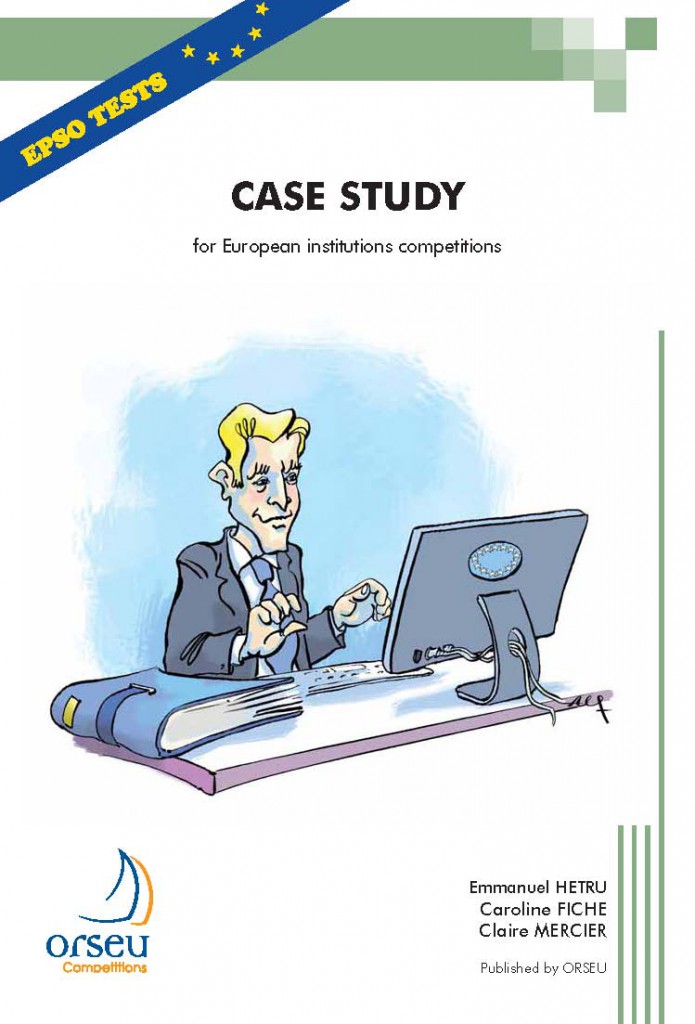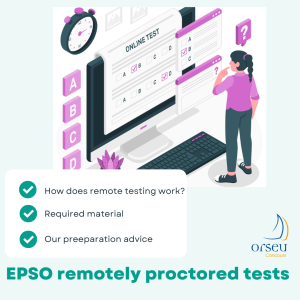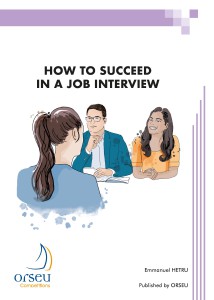You’ve decided to register for a competition or exam and you have to sit a numerical reasoning test. Don’t panic. We can help you!
You’ve decided to register for a competition or exam. You start looking at the content of the tests. No chance! You have to take a numerical reasoning test! You feel gripped by panic. You can’t remember how to set out a division or work out an average. Words like fraction and percentage leave you unable to think straight. You start remembering the poor marks you got at school…
But you’re good in the other areas and have all the skills required to fill the post or get into your chosen school. All you need are a few more marks in numerical reasoning to pass the competition or exam. So why give up?
First of all, ask yourself why you have problems with maths. Maybe it’s because you find the language of maths a bit like double Dutch (and you don’t speak any Dutch at all!). And yet you use this language every day – when you withdraw money from your bank account, when you get a discount in a shop, when you’re following a recipe … and so on.
 All you need is a method. If you’re not a mathematician at heart, you may find learning and applying a formula hard going. But, if it’s explained to you in a simple and fun way it will suddenly seem much more obvious and you’ll end up using it quite naturally.
All you need is a method. If you’re not a mathematician at heart, you may find learning and applying a formula hard going. But, if it’s explained to you in a simple and fun way it will suddenly seem much more obvious and you’ll end up using it quite naturally.
ORSEU’s latest publication: ‘http://www.orseu-concours.com/en/epso-eu-training-books/375-book-numerical-reasoning-a-training-guide.html’, is specially designed for those who have (or believe they have) a poor level of maths. This book explains in detail the basic concepts of numerical reasoning: performing mathematical operations, calculating percentages, completing number sequences logically…and so on. It is the ideal way to prepare for EPSO, Selor, GMAT and GRE tests.









